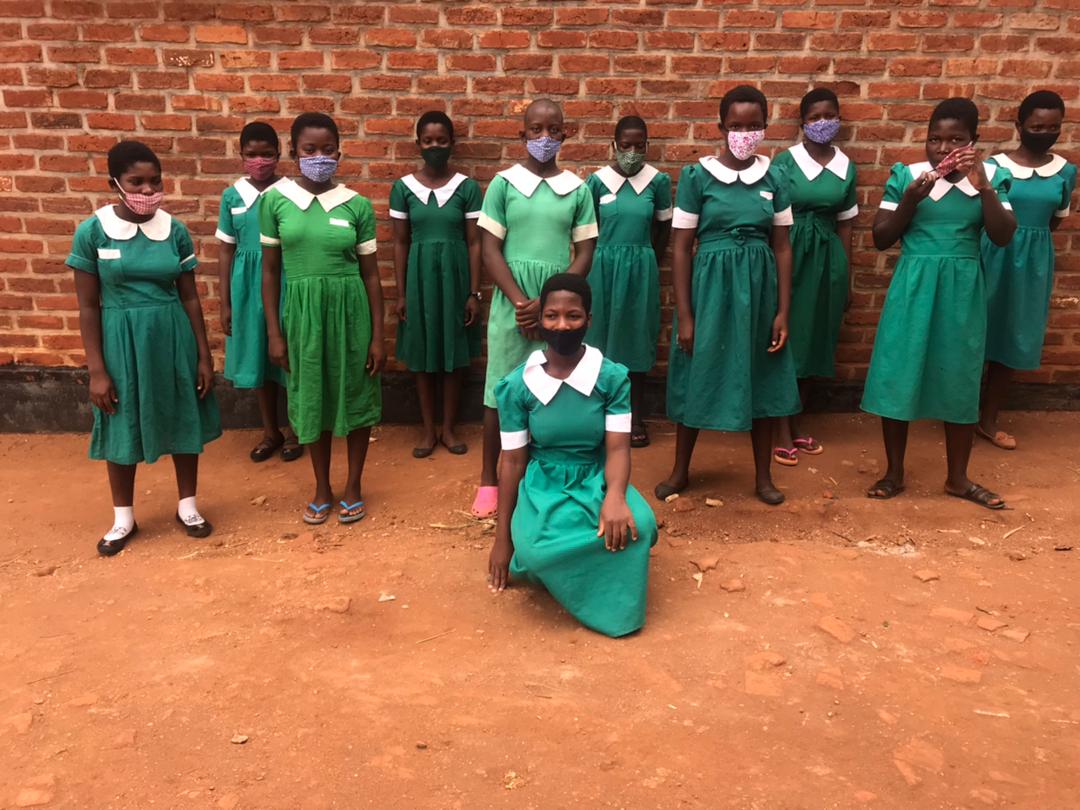
Think Malawi
Education in the Developing World
Malawi is a remote landlocked country in Southeastern Africa comprising 20 million inhabitants. Despite being one of the most stable countries in Africa, it remains one of the least developed in the world.
Following the introduction of free and compulsory primary education for all children, enrolment rates for primary schools have increased and youth literacy has improved. However, subsequent attendance in secondary schools falls to approximately 25%, with significantly higher drop out rates experienced among girls and young women. Only 13% of girls complete upper secondary school in Malawi, and among the poorest children, this figure falls to 2%.
Her Education Matters
Think Malawi supports sustainable, grassroots projects in Malawi which help improve life outcomes for underserved children and young Malawians through access to education. Projects they have previously delivered include provision of textbooks, classroom construction, a school meals programme, school water / sanitation projects and teacher training.
The Her Education Matters Umodzi project aimed to increase the enrolment and retention of rural underserved girls in school by specifically targeting the issue of menstrual health management (MHM). Poor menstrual hygiene management (MHM) in schools has been shown to cause adolescent girls worry and humiliation, contribute to absenteeism and lead to poor performance in schools. A study from 2011 shows 58% of girls missed school for one or two days and 15% were absent for more than three days, the main reason for school absenteeism ahead of malaria.
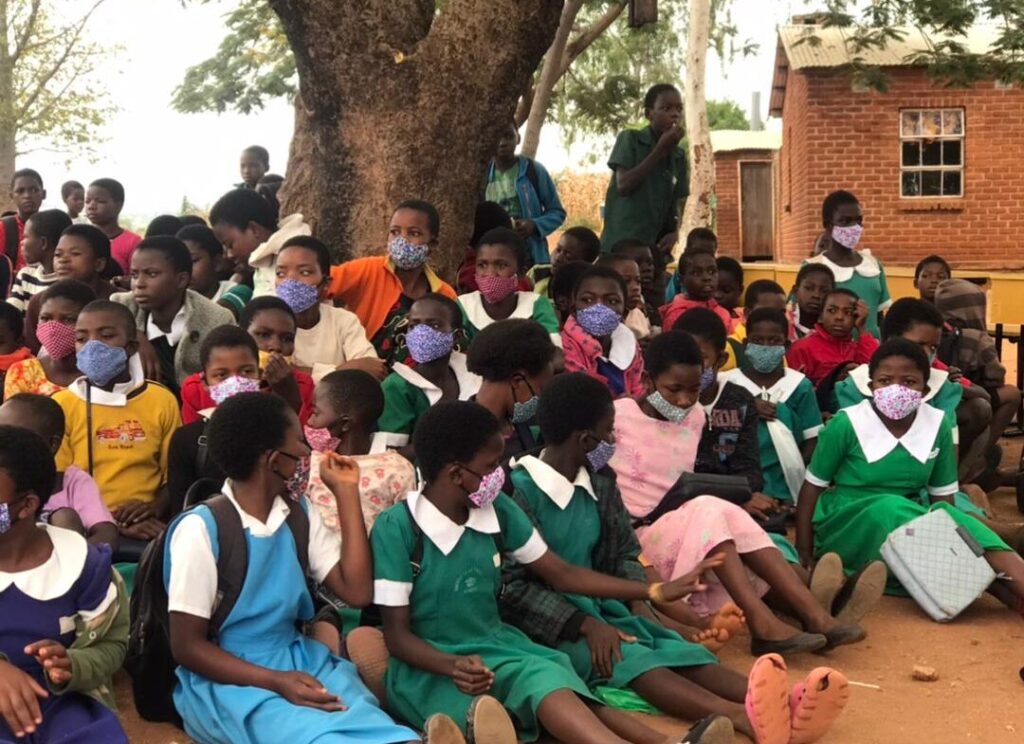

Strong Mothers Empower Daughters
The two year project led by Umodzi Youth Organisation, principally engaged thirty mothers with young girls in Ntenjera Primary School and provided them with the resources and training to set up a small enterprise that would produce washable sanitary pads alongside other garments such as school uniforms.
The mothers were also trained in the promotion of girls’ educational rights, menstrual health management and how they could effectively advocate on behalf of their daughters.
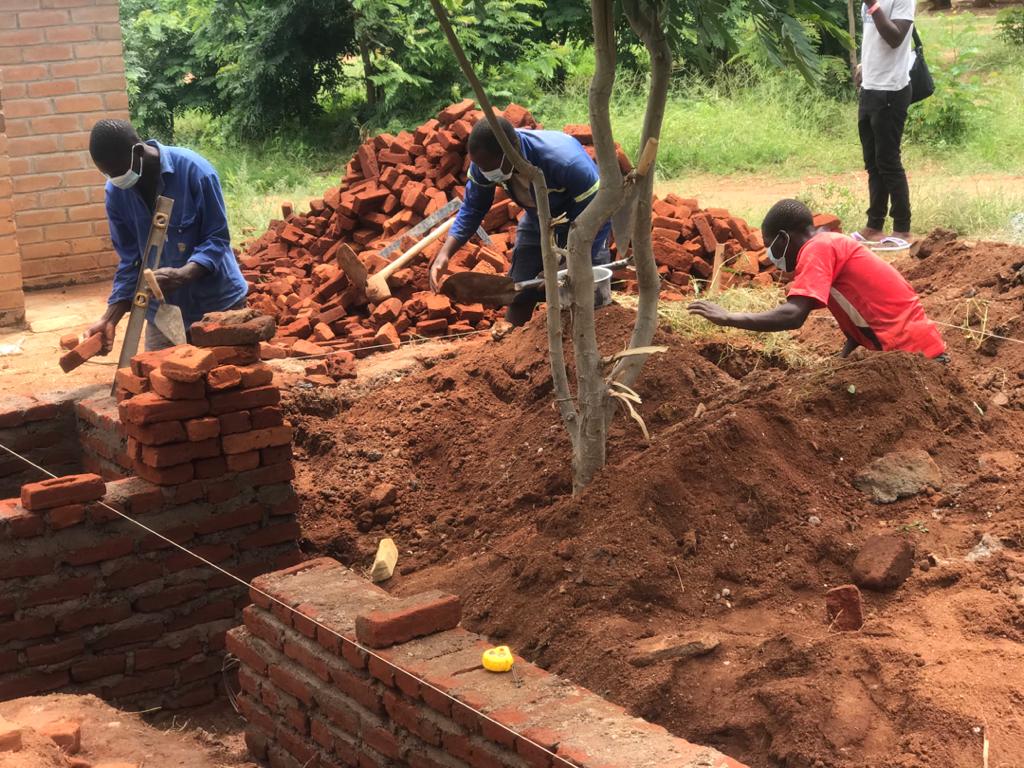
Building Societal Change
The engagement of the wider community in the construction of washrooms and toilet facilities within the school as well as activities such as lobbying of local chiefs to introduce bylaws discouraging early marriage of young girls and presenting role models espousing the importance of education to young girls has had a significant impact in building societal change.
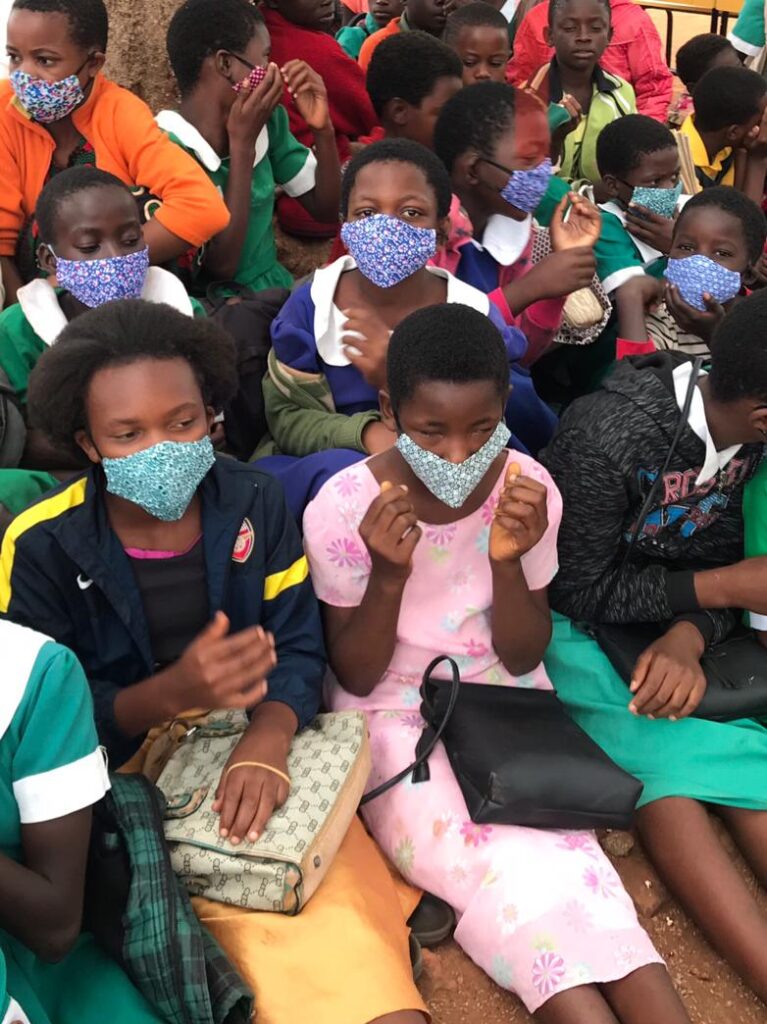
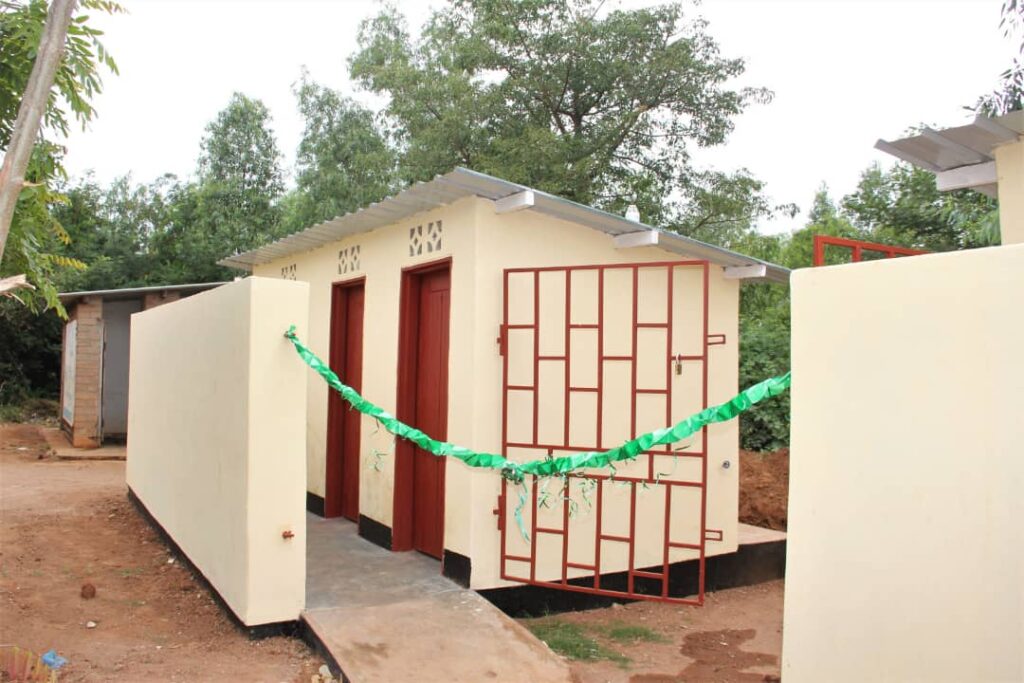

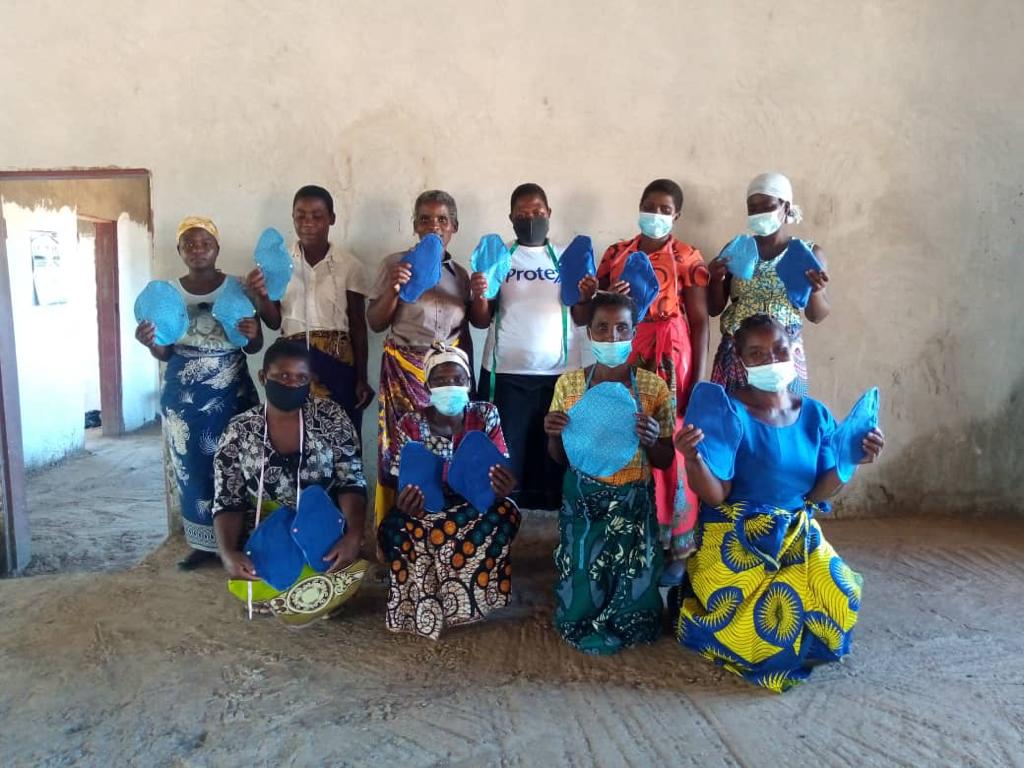

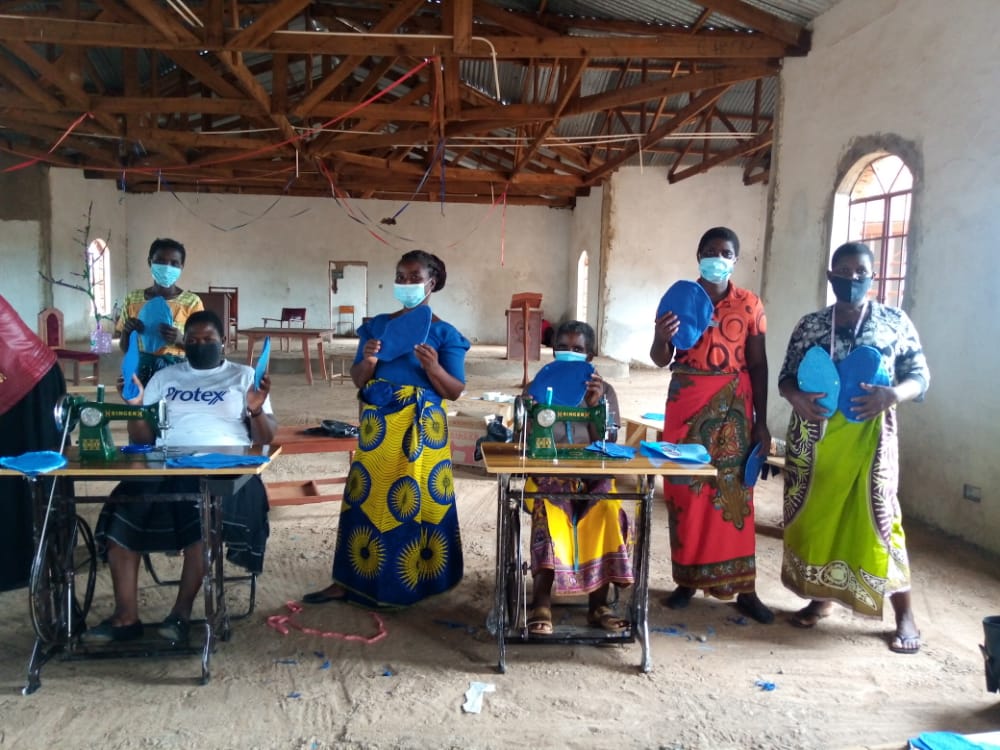
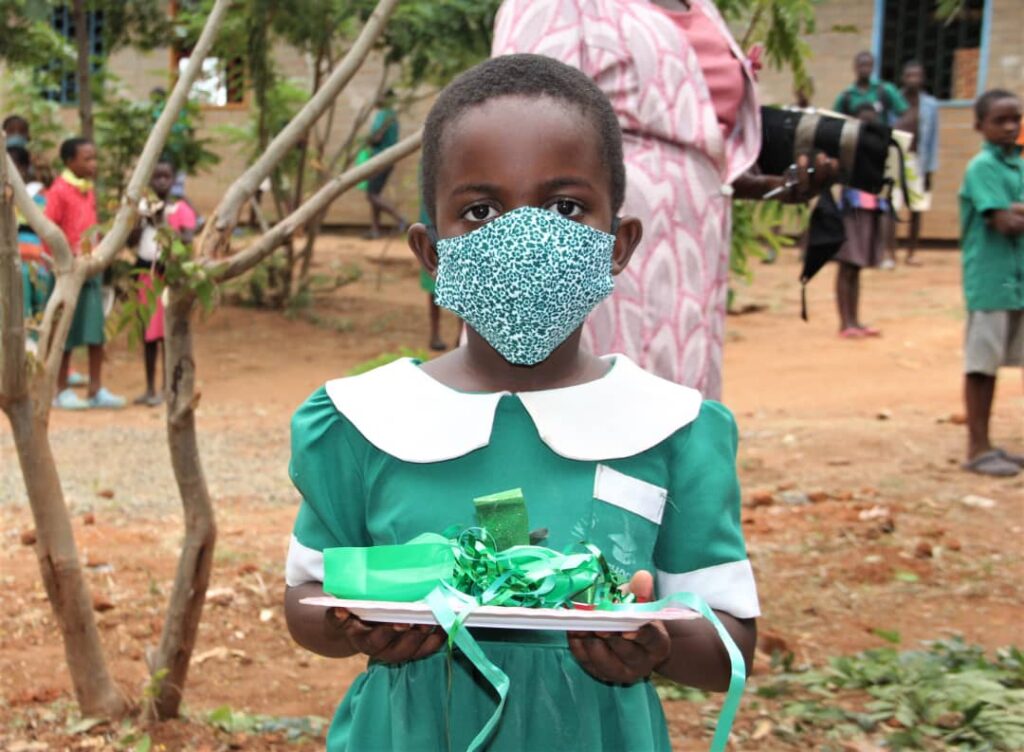
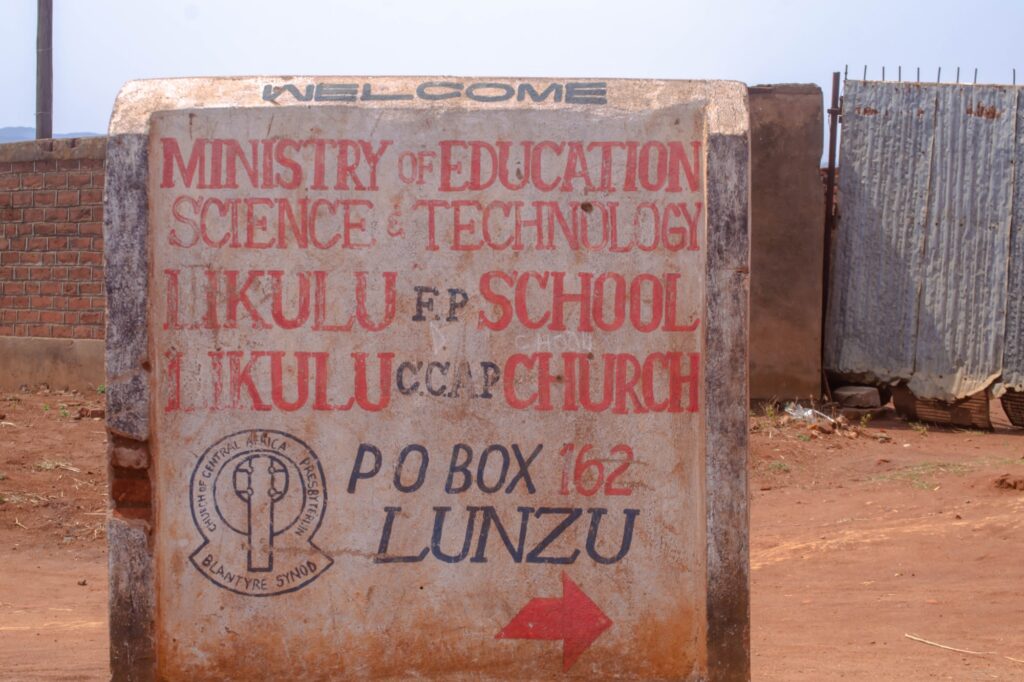
Positive Impact
Early results of the project show a significant increase in enrolment and attendance, with girls’ enrolment increasing by 31% at Likulu Primary School and the attendance rates consistently improved from 35% to 95.7%.
The project was able to provide MHM training to girls effectively, with 93% reporting that they were practising MHM. Overall, the project has made a significant impact on improving the lives of girls in Malawi, contributing to a brighter future for them.

Other partners who are making a difference
Identifying the right network of dedicated and ambitious partners has enabled us to deliver on our charitable purposes and activities. Here are just some of the life-changing projects that our grant partners have been involved in.
-
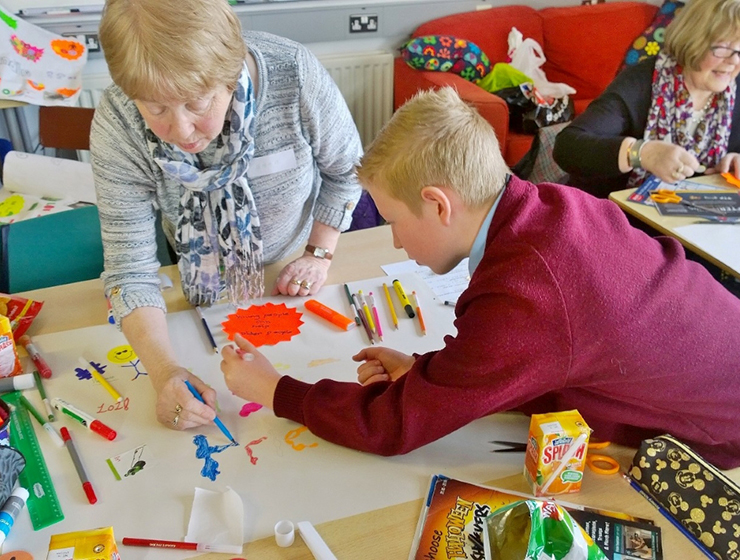
Linking Generations NI
LGNI inspire and support the growth of an age-friendly society by bringing generations together in purposeful, mutually beneficial activities which promote greater understanding and respect.
-
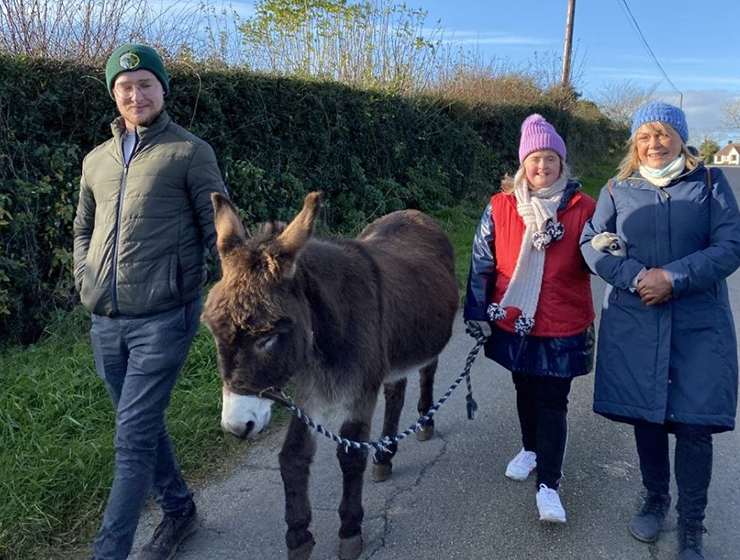
Caring Breaks
Caring Break’s weekly respite sessions enable carers to physically and mentally sustain their caring role secure in the knowledge that their loved one is being well cared for and supported.
-
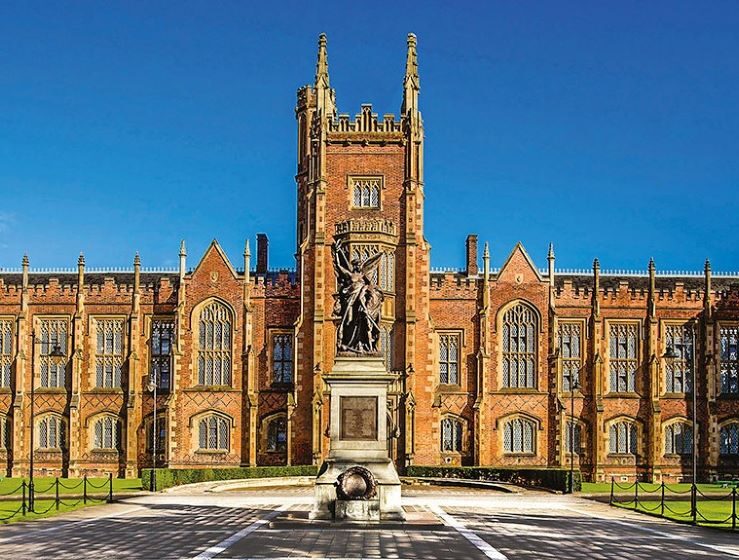
The Queen’s University of Belfast Foundation
Philanthropic support is helping to make Queen’s University Belfast and Northern Ireland a world leader in medical research, education and patient care.